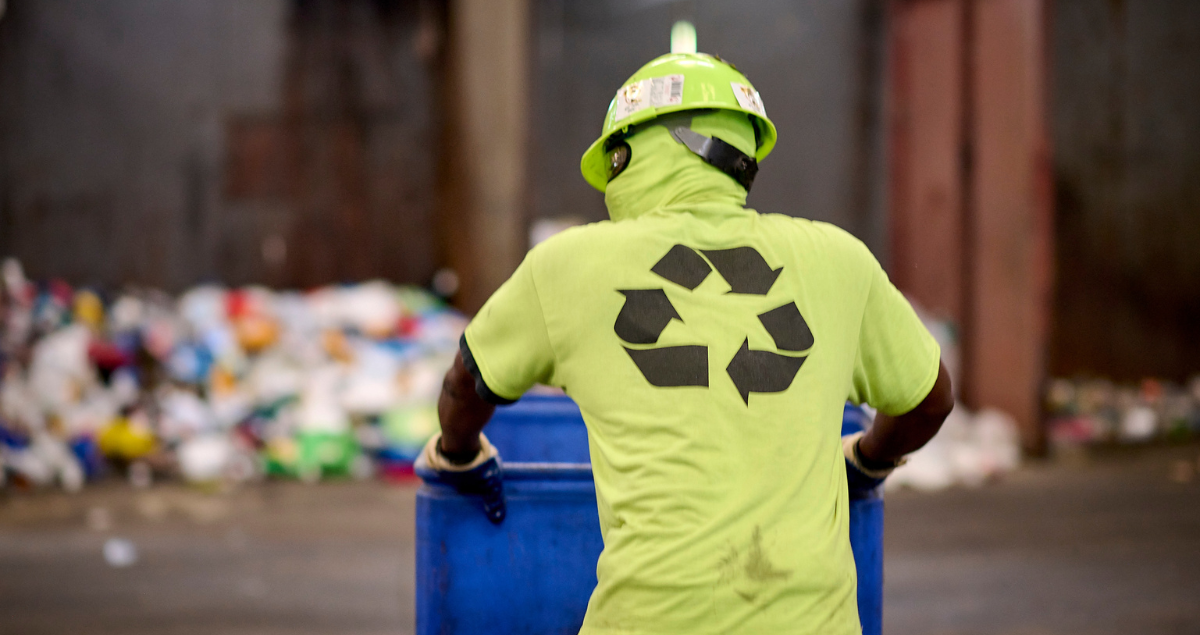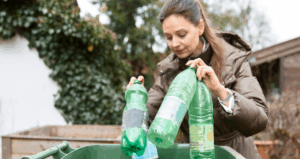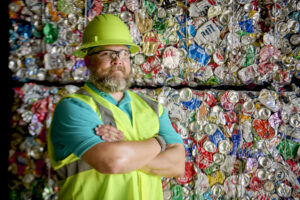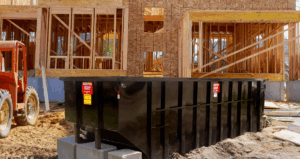The benefits of recycling are numerous and undeniable. Recycling positively impacts communities with its economic, environmental and social benefits. Here are some key ways recycling programs contribute positively to the overall health and well-being of our community through job creation, expansion of the local economy, public health benefits and energy conservation.
Economic Growth
Tax Revenue
The economic benefits of recycling are well-documented. According to the Environmental Protection Agency, annual recycling activities in the United States account for more than $5.5 billion in tax revenues. This equates to 1.17 jobs per 1,000 tons of materials recycled. For every ton of materials recycled, $9.42 in tax revenue is earned. In Florida, the Recycled Materials Association reports that in 2024, taxes generated by the recycled materials industry equaled $276 million. Here in Tallahassee and Leon County, Marpan recycles 75,000 tons of materials annually, resulting in approximately $700,000 of tax revenue.
Job Creation
Recycling programs create significantly more jobs than traditional waste disposal methods. Specifically, Eco-Cycle reports that recycling creates an average of nine times more jobs than landfilling. According to the Environmental Protection Agency, annual recycling activities in the United States account for more than 681,000 jobs. In Florida, the Recycled Materials Association reports that in 2024, nearly 8,000 jobs were directly created by the recycled materials industry.
On the local level, recycling stimulates the economy by creating jobs in the collection, sorting and processing of recyclables, which is more labor-intensive than waste disposal. These jobs can range from entry-level positions to technical roles. Here in Tallahassee and Leon County, Marpan’s recycling services resulted in the creation of over 80 jobs.
Wages
According to the Environmental Protection Agency, annual recycling activities in the United States account for more than $37.8 billion in wages. For every ton of materials recycled, $65.23 in wages is earned. In Florida, the Recycled Materials Association reports that in 2024, $692 million in wages were earned. Here in Tallahassee and Leon County, Marpan’s recycling efforts results in $5 million in wages annually.
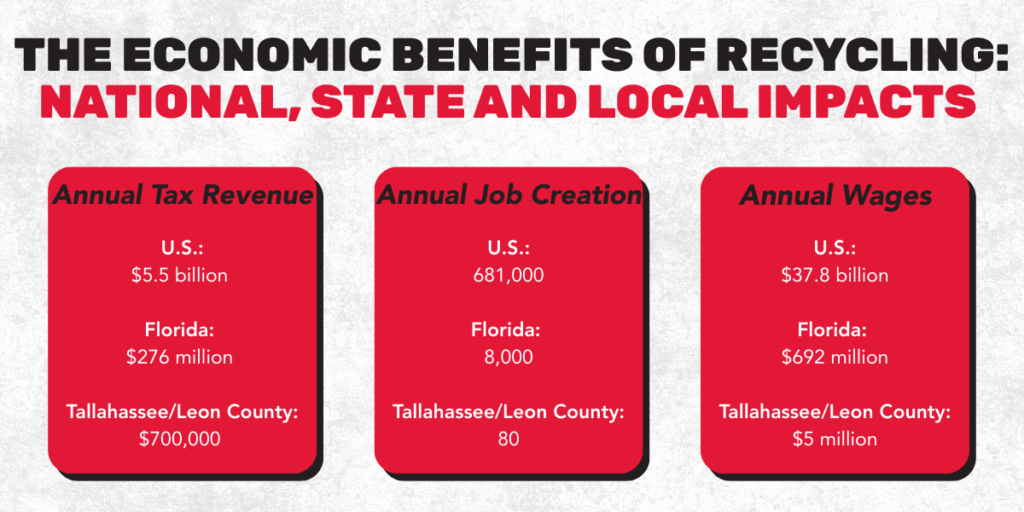
New Markets
In addition, recycling programs can stimulate economic growth by creating markets for recycled materials and products. This can lead to the development of new businesses and the expansion of existing ones. For example, tire recycling has become a well-established industry, turning old tires into products like rubberized asphalt, playground surfaces and artificial turf. While tire recycling is one example, here in Leon County, Marpan Recycling focuses on processing urban wood waste (i.e. unpainted, untreated wood, pallets and green waste from your yard) to produce mulch, which is then sold to local businesses and residents for landscaping.
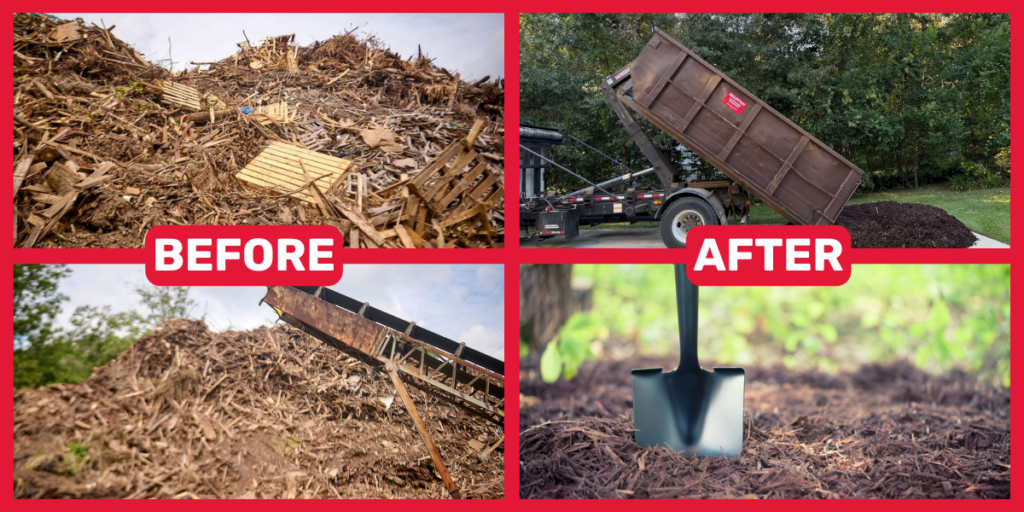
Land Conservation
Recycling plays a crucial role in reducing landfill waste and its associated environmental impacts. On average, a municipal solid waste landfill in the United States covers about 600 acres, consuming vast amounts of land while posing risks such as soil and water contamination. By recycling materials such as paper, plastics and metals, the volume of waste sent to landfills decreases, conserving land, preserving natural habitats and reducing the need for new waste disposal sites.
Areas with high concentrations of waste management facilities often experience negative effects on human health, property values and aesthetics. Recycling offers a healthier, more sustainable alternative by reducing waste accumulation and minimizing environmental strain. In Florida alone, diverting recyclable and compostable materials from landfills could save approximately 1.5 million tons of landfill space, demonstrating the significant impact of recycling on land preservation.
Consider these staggering facts:
According to the EPA, the landfills in the United States cover a total of 2,000 square miles.
- Nearly 1 million football fields could fit into the total area covered by landfills in the U.S.
- That is enough to fit inside Jacksonville, Florida, the nation’s largest city by land area (875 square miles), nearly two and a half times.
- If all the landfills in the U.S. were arranged in a line, they could easily form a continuous path across the country from coast to coast.
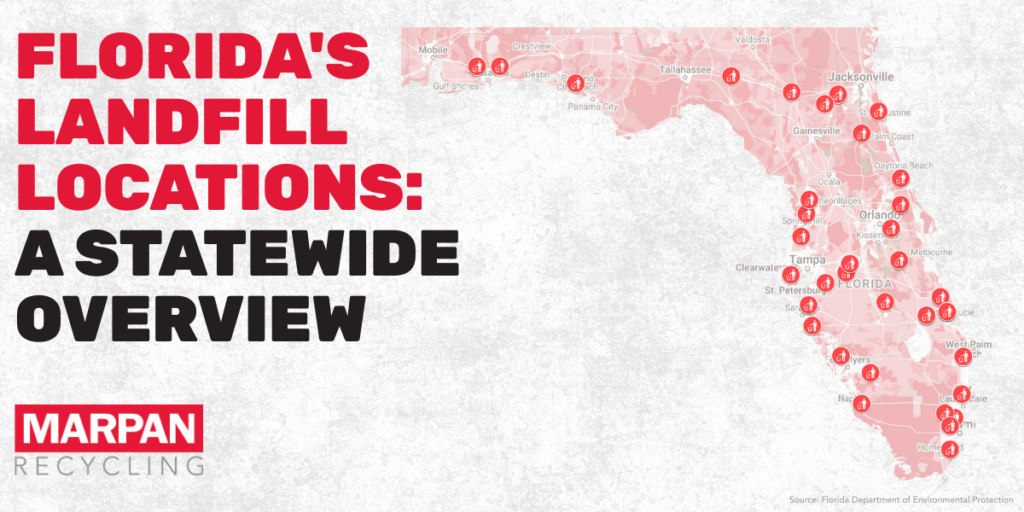
Energy Savings
Recycling conserves energy by reducing the need for raw material extraction and processing, both of which are energy-intensive. For example, recycling aluminum saves about 95% of the energy required to produce it from scratch. Additionally, recycling cuts down on energy used in transportation and waste management.
When you recycle, the materials are used to create the products you purchase, meaning less virgin material needs to be mined, processed and transported—each step consuming energy. To quantify these savings, the U.S. Environmental Protection Agency developed the individual Waste Reduction Model (iWARM). This tool calculates the energy saved by recycling compared to landfilling waste.
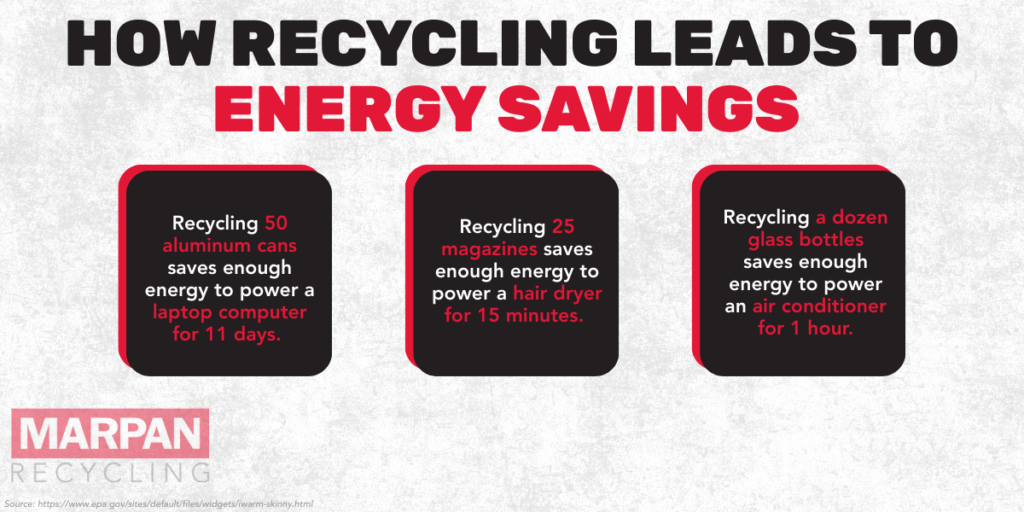
Community Awareness
Recycling programs often involve educational campaigns that raise awareness about environmental issues and foster a sense of community and shared responsibility for the environment. By reducing pollution and conserving resources, recycling contributes to a cleaner and healthier environment, which can improve overall public health and quality of life. Recycling promotes sustainable practices and encourages individuals and businesses to think about the lifecycle of products and their environmental impact. When people understand how small actions—such as sorting recyclables or reducing single-use plastics—collectively make a big impact, they are more likely to change their daily habits.
The Far-Reaching Effects of Recycling
Recycling plays a crucial role in creating a sustainable and resilient community by reducing the amount of waste in landfills, fostering economic opportunities and enhancing social well-being. The recycling efforts of a community directly contribute to a healthier environment, increased citizen engagement and conservation of resources, including land and energy. Economic benefits such as job creation, tax revenue and additional marketplaces are more reasons to embrace recycling.
About Marpan
Marpan has led Tallahassee and North Florida in debris management and processing of residential and commercial recyclable materials since 1966. Between 2008 and 2024, our recycling facility has recovered more than 2 billion pounds of material that would have otherwise been buried in a landfill. Our partnerships, long-time commitment to recycling and state-of-the-art facilities allow us to make a difference in our community every day. For more information on how and what we recycle, explore our services online.

